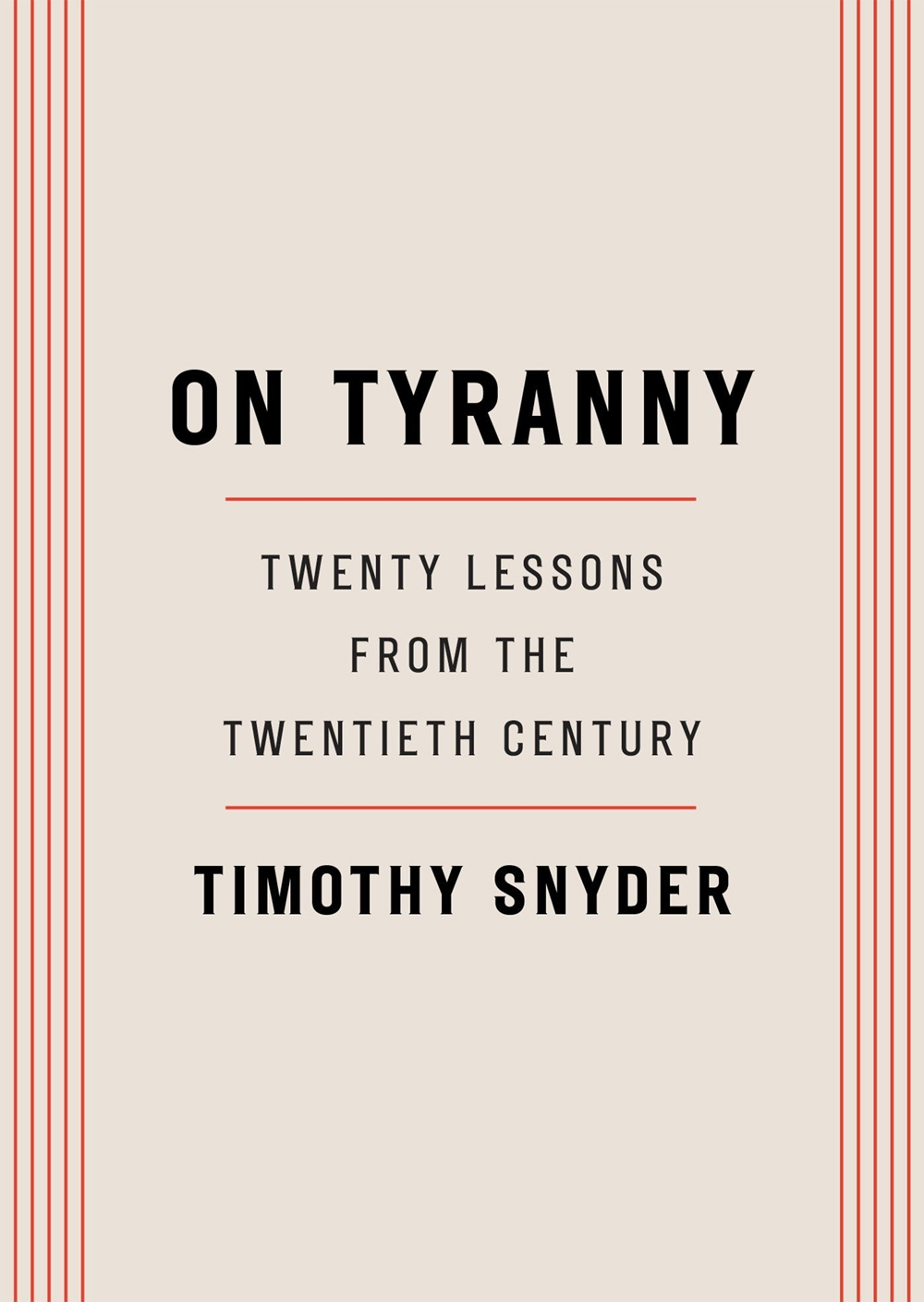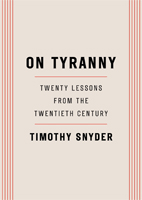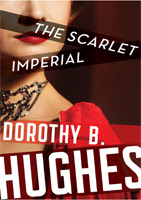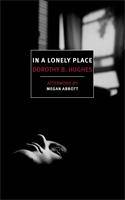
In 1952, Sylvia Plath wrote the short story “Mary Ventura and the Ninth Kingdom” while she was an undergraduate student at Smith College. Plath had recently won Mademoiselle’s writing prize, and she decided to submit “Mary Ventura and the Ninth Kingdom” to the magazine for publication. The magazine rejected the story. For years, the short story was in Sylvia Plath’s archives at the Lilly Library at Indiana University at Bloomington until it was published in 2019.
Plath described her story as “a vague symbolic tale.” It begins at a train station. A young woman named Mary Ventura is there with her parents who are encouraging her to take a train ride north to an unknown location. When Mary says, “I’m not ready to take the trip yet,” Mary’s father cuts her off, saying, “You’re just getting jittery. The trip north won’t be an ordeal. You just get on the train and don’t worry about another thing until you get to the end of the line. The conductor will tell you where to go then.” Mary’s mother tells her, “It will be an easy trip. Everyone has to leave home sometime. Everyone has to go away sooner or later.”
The story is colored in many shades, but the predominant shade is red. Mary’s parents find her a red plush seat. Her mother touches her handkerchief to “her painted red mouth,” starts to say something, but then stops. She leaves Mary with a “vague, preoccupied kiss.” Mary then takes off her red coat and settles in for the ride.
Soon after, a kind, red-faced woman with blue eyes asks to take the empty seat next to Mary. Mary smiles back at her warmth. The woman is knitting a dress of leaf-green wool. She says it’s for a girl just about Mary’s size.
As the train rolls on, Mary views the “somber grey afternoon,” and the “bleak autumn fields” stretching “beyond the cinder beds.” The sun is a flat orange disc and the air is thick with smoke. The woman explains that it’s because of the forest fires and that the smoke will get worse.
The woman takes Mary to the dining cart, where she orders a glass ginger ale. It arrives in a tall glass with a red cherry at the bottom. Mary finds the dining car luxurious. The woman later treats Mary to a chocolate bar.
The railroad staff recognize the woman and speak with her confidentially. She’s made the trip several times. When Mary speaks of all the nice things in the train, the woman tells her ominously, “Yes, my dear…but remember you pay for it. You pay for it all in the end.”
Mary asks the woman what it will be like when she gets off the train. Her ticket is for the last station at the end of the line, which is named “the ninth kingdom.” The woman asks Mary if she notices anything unusual about her fellow passengers. While Mary doesn’t notice anything, as I reader, I noticed some religious symbols. The lady in the blue jacket who was carrying a child and who paused at the empty seat next to Mary symbolized Mary, the mother of God. The two squabbling brothers seemed to represent Cain and Abel.
Shortly after, a blond woman with a crimson wool skirt and red painted mouth tries to stay on the train. The conductor forces her to leave by gripping her arm. The woman says his grip “hurts” and “burns” her arm.
Mary’s curiosity about the train and the ninth kingdom grows. She listens as the woman talks with the conductor saying, “they generally don’t protest at all. They just accept it when the time comes.” Mary begins to question her destination, asking, “Accept what?” The woman explains that the passengers are apathetic and “don’t even care about where they are going.” Mary says she’ll get the next train home, but the woman explains that there are no return trips once reaching the ninth kingdom, and that “It is the kingdom of negation, of the frozen will.”
Mary begins to cry, learning that there are no more stops before the train reaches the ninth kingdom. She blames her parents, but the woman tells her, “You let them put you on the train, didn’t you? You accepted and did not rebel.”
With a spark of insight, Mary decides to pull the emergency cord on the train. The woman realizes that Mary is “a spunky one” and tells her that there is still time to assert her will. The woman gives Mary advice on how to escape. When Mary asks, “How do you know? How can I believe you?” the woman calls her a “faithless child.” The woman tells Mary that she has been on her side all along, but that Mary had to make a positive decision and make the break herself.
Mary pulls the alarm, and runs from the train and up a dark staircase where a snake winds around her ankle. Eventually she reaches sunlight, and the snake falls away like a link of metal. Mary finds herself in a city park where the woman from the train is selling white roses and daffodils. The woman meets Mary with a “blue gaze of triumphant love” saying, “I have been waiting for you, dear.”
The short story can be interpreted in many ways. It is a story about taking your own initiative and asserting willpower to choose your own way in life. It’s about leaving home and growing up. It’s about choosing growth over stagnation and choosing thoughtfulness over indifference. It’s about having trust and having faith in the right people.
I’m glad the story was published after so many years. It was a refreshing read.
Related Reviews:
Arial by Sylvia Plath
External Link:
The Genesis of “Mary Ventura and the Ninth Kingdom” by Karen V. Kukil (an essay on the short story)
Purchase and read books by Sylvia Plath:



© penciledpage.com
















Search This Website